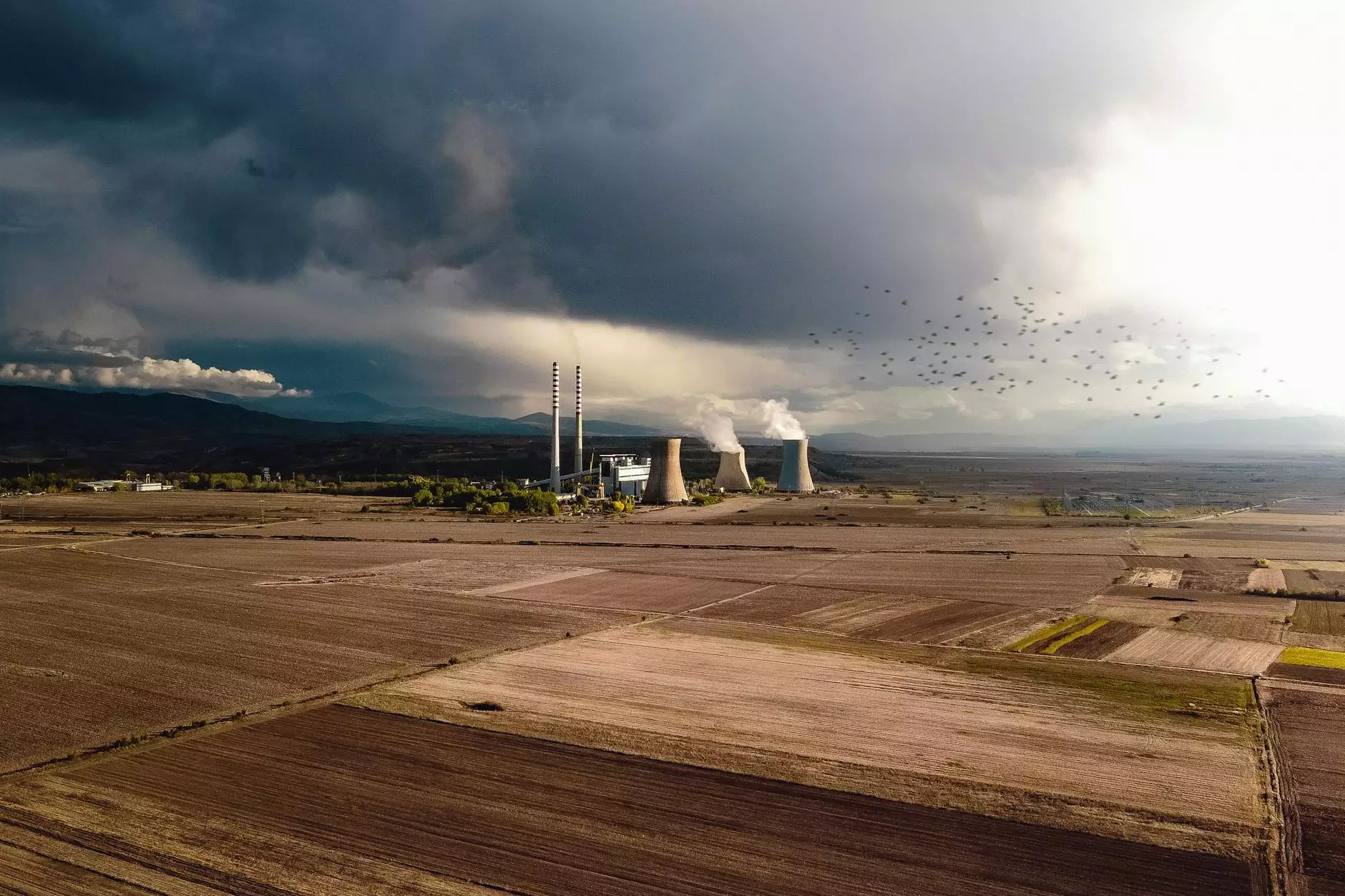The Pros and Cons of Using Nuclear Energy

Introduction
Nuclear energy has been a topic of debate for decades, with proponents and opponents presenting strong arguments for and against its use. In this article, we will delve into the pros and cons of using nuclear energy, shedding light on the key aspects that businesses should consider when contemplating this energy source.
Pros of Using Nuclear Energy
1. Clean Energy Source
Nuclear energy is considered a clean energy source as it does not emit greenhouse gases like traditional fossil fuels. This makes it a desirable option for businesses looking to reduce their carbon footprint and contribute to a greener future.
2. High Energy Output
One of the biggest advantages of nuclear energy is its high energy output. Nuclear power plants can generate a significant amount of electricity using a small amount of fuel, making it an efficient and cost-effective option for meeting high energy demands.
3. Reliability and Stability
Nuclear power plants operate reliably and stably compared to renewable energy sources like wind or solar. This stability makes nuclear energy a dependable option for businesses that require a consistent and uninterrupted power supply.
4. Energy Independence
By investing in nuclear energy, businesses can achieve energy independence by reducing their reliance on imported fossil fuels. This can lead to greater stability in energy prices and reduce exposure to geopolitical risks associated with energy imports.
5. Advanced Technology
The advanced technology used in nuclear power plants ensures optimal safety standards and efficient energy production. Businesses can benefit from cutting-edge innovations in the nuclear energy sector, driving progress and sustainability in their operations.
Cons of Using Nuclear Energy
1. Radioactive Waste Disposal
One of the major drawbacks of nuclear energy is the challenge of radioactive waste disposal. Managing and storing nuclear waste requires long-term solutions to prevent environmental contamination and ensure public safety, posing a significant challenge for businesses and governments alike.
2. High Initial Costs
Building nuclear power plants involves high initial costs due to the complex infrastructure and safety measures required. This can be a deterrent for businesses with limited capital looking to invest in alternative energy sources.
3. Safety Concerns
Despite stringent safety regulations, nuclear accidents like the Chernobyl disaster have raised safety concerns surrounding nuclear energy. Businesses must consider the potential risks associated with nuclear power plants and implement robust safety protocols to mitigate these risks.
4. Limited Availability of Uranium
Uranium, the primary fuel used in nuclear reactors, is a finite resource with limited availability. Businesses relying on nuclear energy may face challenges in securing a stable supply of uranium, especially as global demand for nuclear power continues to rise.
5. Public Perceptions
Public perceptions of nuclear energy can also influence business decisions. Negative views towards nuclear power, stemming from past accidents and concerns about radiation exposure, can impact consumer trust and brand reputation for businesses using nuclear energy.
Conclusion
While nuclear energy offers several benefits for businesses, including clean energy production and high efficiency, it also comes with challenges such as radioactive waste disposal and safety concerns. By weighing the pros and cons of using nuclear energy in a business context, organizations can make informed decisions that align with their sustainability goals and operational needs.









